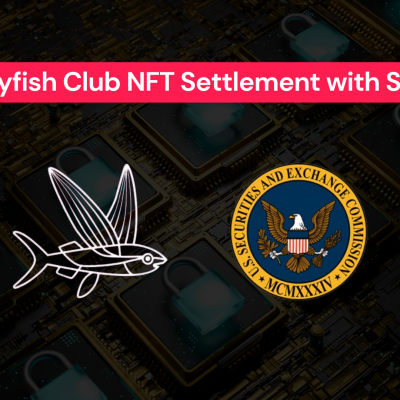The index was formed in the early 1990s, when Russia’s economy was deemed to be more stable than that of Western countries and emerging markets. Despite a strong stock market within its borders, the country has since experienced economic turmoil with political sanctions imposed on Putin-led government in 2014
JP Morgan, one of the largest investment banks in the world, has announced that it will be delisting Russia from its fixed-income indexes. This is because of new sanctions imposed by the US government.
JP Morgan has joined the ranks of other index providers in excluding Russian assets from its portfolios. As a result of the continuing geopolitical strife in Russia, the global financial institution stated it had removed Russia from its fixed-income indexes.
The prominent EMBI family of hard currency indices, as well as its corporate debt equivalent CEMBI, are managed by the bank. The exclusion, according to JP Morgan, also impacts the credit bucket sub-indexes as well as investment grade.
Sanctions imposed by the United States are linked to the ban.
The decision was made after the US placed Russia on an index watch as a result of US sanctions, according to the investment bank.
This indicates that the GBI-EM indexes have delisted Russian bonds denominated in local currency, with accrued interest set to zero.
Belarus and Russia are also no longer included in the JESG CEMBI, JESG GBI-EM, and JESG EMBI indexes. In the ESG version of the index, Russia has a weighted of 1.03 percent, while the EMBIG Diversified index has a weighting of 0.89 percent.
Russia’s position in key developing market indices plummeted after the sanctions imposed during Moscow’s 2014 invasion of Crimea.
However, it regained some ground over the following several years before plummeting severely this year. The weighting was heavily influenced by the political tensions in Ukraine and a series of sanctions imposed on Russia.
Last week, JP conducted an investor poll on the subject.
MSCI and FTSE Russell, both index providers, have said that public pressure and escalating punishments may force them to delist. More sanctions to isolate Russia’s economy from Western business partners and investment may be applied if the conflict progresses.
JP Morgan took the decision to delist Russia after conducting a survey of investors. They were asked whether they planned to eliminate or keep company debts and assets denominated in rubles and hard money.
The majority of investors, according to the survey, wanted the securities withdrawn. They were also asked whether they wanted to take them down at the end of March or the end of April. It’s clear that investors elected to exclude the securities at the end of March, based on JP Morgan’s judgment.
JP Morgan has announced its decision to delist Russia from its fixed-income indexes. The move is a response to the Russian government’s decision to default on some of its debt obligations. Reference: jp morgan russia default.




